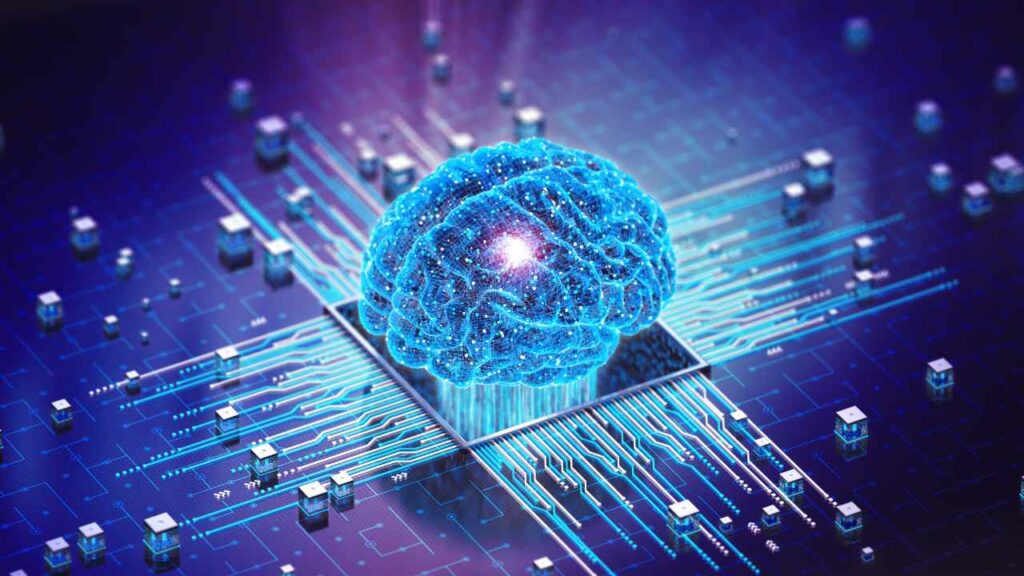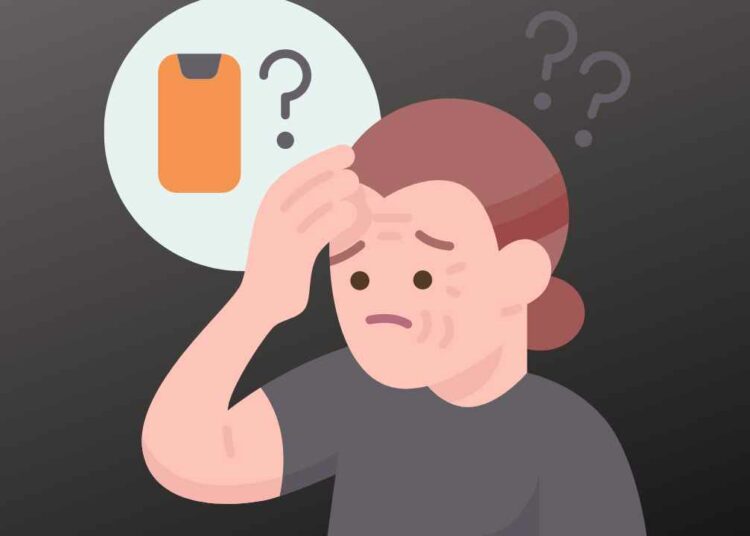Ever walked into a room and forgot why you’re there? Or struggled to remember where you left your keys, only to find them in the fridge? Welcome to the quirky world of forgetting, a place where your brain seems to have its own mysterious agenda. Let’s dive into why our brains decide to keep some memories and let others slip away.
The Brain’s Storage Wars

Imagine your brain as a vast, bustling city, with memories stored in various buildings. Some memories get a penthouse suite with a view (like your first kiss), while others end up in a forgotten storage unit (like what you had for lunch three Tuesdays ago). Your brain is constantly organizing and reorganizing, deciding which memories get to stay in the luxury high-rise and which get the boot.
The Forget to Remember Paradox
Forgetting isn’t a flaw; it’s actually a feature. If you remembered every single detail of every moment, your brain would be like a computer with too many tabs open—slow and not very efficient. Forgetting helps your brain prioritize what’s important and keeps it running smoothly. It’s like your brain’s way of decluttering, Marie Kondo style.
Emotional Baggage Check

Ever noticed how some memories stick like glue, especially the emotional ones? That’s because your brain gives VIP status to memories charged with feelings, whether they’re joyous, traumatic, or just plain awkward. These memories shape who we are, guiding us in future situations. So, while you might forget where you put your glasses, you’ll remember how you felt losing a loved one or the joy of a friend’s laughter.
The Repetition Connection
Repetition is your brain’s way of saying, “Hey, this is important!” The more you repeat something, the more likely it is to move from the storage unit to the penthouse. That’s why you can remember the lyrics to your favorite song from high school but might struggle to recall what you read in a book last week. Repetition tells your brain, “Keep this one; it’s a keeper.”
The Mystery of Misplacement

So, why do we forget where we put things or why we walked into a room? Often, it’s because our brains are on autopilot, not fully paying attention to the mundane details of daily life. It’s not that the memory isn’t there; it’s just that your brain didn’t think it was important enough to file away carefully. It’s like tossing your keys into a random drawer instead of their usual spot.
Embracing Forgetfulness
Forgetting isn’t a sign that something’s wrong; it’s a sign that your brain is doing its job, keeping you focused on what matters and ready for what’s next. So next time you forget something small, give yourself a break. It’s just your brain’s way of making room for the memories that truly shape your story.










